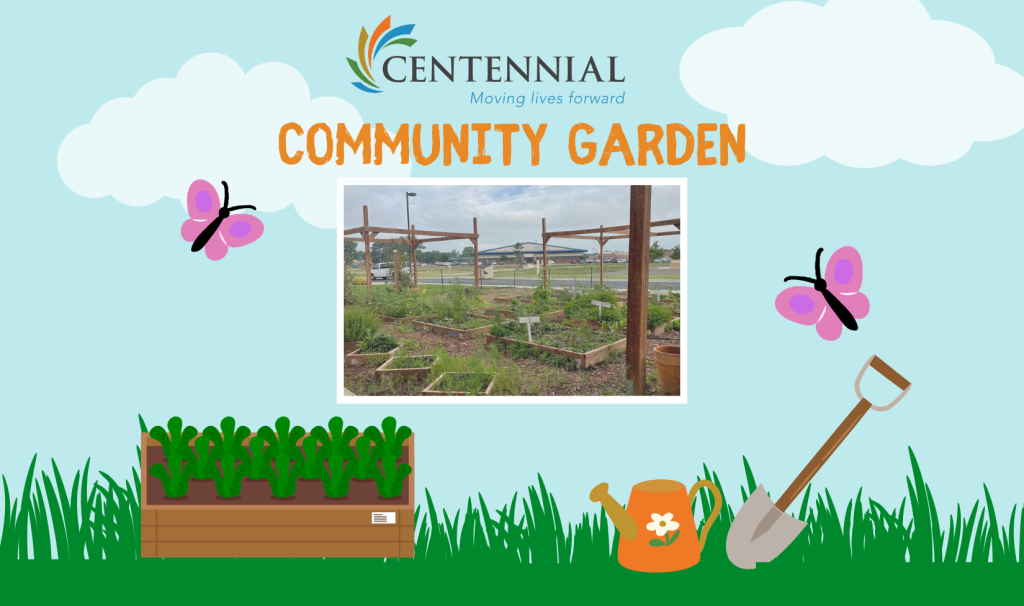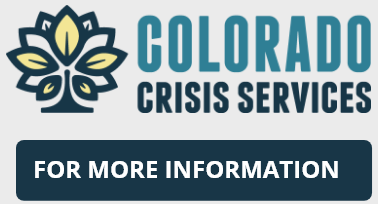
Men’s Mental Health Awareness Month
Societal gender roles often dictate that men should suppress emotions to appear “strong” and “manly”. This notion of stigma prevents many men from seeking need mental health support services. 78% of all suicides are working-age men, but 2:3 of men are less likely to seek therapy compared to women.[1] Efforts are being made to make men feel empowered without the fear of stigma and judgment, acknowledging that seeking mental health support is not a sign of weakness, but an act of courage and strength.
Man Therapy
Man Therapy uses a comprehensive upstream approach to men’s mental health. The goal of Man Therapy is to “bust through the stigma, increase help-seeking behavior and reduce suicide among working-age men.” [1] The campaign uses humor to meet men where they are regarding their mental well-being. Man Therapy first began as a suicide prevention campaign that has grown into a men’s mental health campaign. The initiative uses prevention tactics to support all men before they are in a stage of crisis and reminds men that “taking care of their mental health is the manliest thing a man can do.”[2]
The campaign uses a created persona named “Dr. Rich Mahogany,” who is a “man therapist.” The campaign created a free evidence-based screening tool called the “18-PT Head Inspection.” The five-minute inspection offers personal insight into depression, anger, substance abuse and anxiety, which can help men understand how their mental health status is impacting their lives.
The website offers a Provider Directory of professionals who specialize in men’s issues. The directory helps individuals find support resources based on the state in which they are seeking care, their preferred language of service, the types of visits (in-person and virtual) and their desired payment methods.
The campaign also provides Nationwide Resource Hub with offers resources and tools from organizations across the country. Not only does the campaign provide mental health resources for men, but it also offers resources for individuals who are worried about a man in their life who they believe is experiencing mental health issues and needs support.
As Dr. Mahogany said, seeking support is not unmanly but allows you to get the mental health support needed to be the best man you can be. Centennial’s behavioral health specialists are trained to support men’s mental well-being through client-centric, evidence-based approaches. Please visit the Center’s website or contact your local Centennial office to learn more about the services offered.
[1] “About Man Therapy; Difficult Problems Require Bold Solutions”, Man Therapy, https://mantherapy.org/about
[2] “About Man Therapy; Difficult Problems Require Bold Solutions”, Man Therapy, https://mantherapy.org/about
[1] “About Man Therapy; Difficult Problems Require Bold Solutions”, Man Therapy, https://mantherapy.org/about








